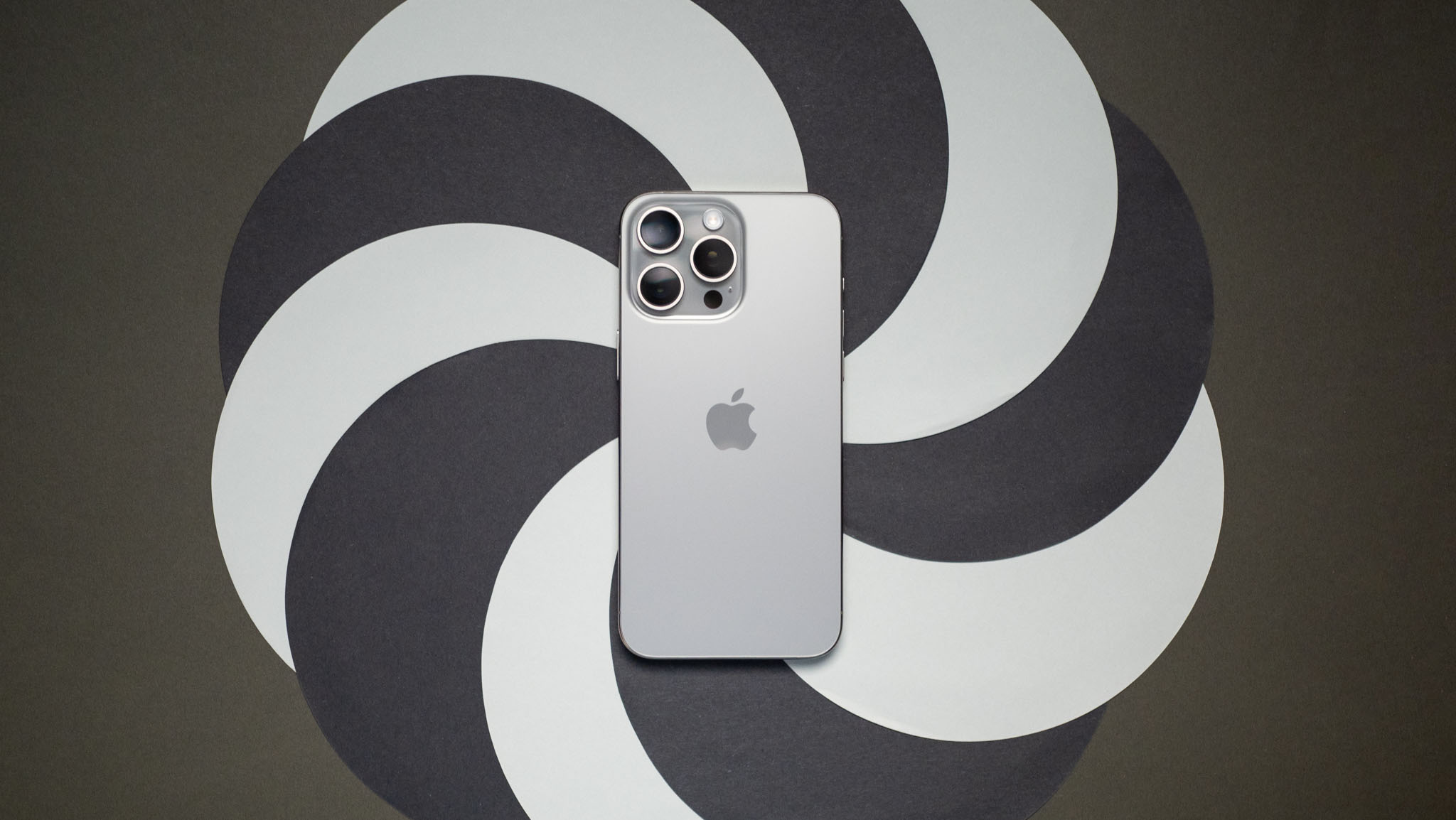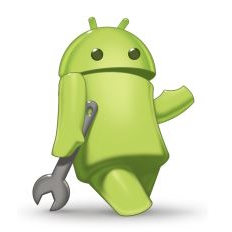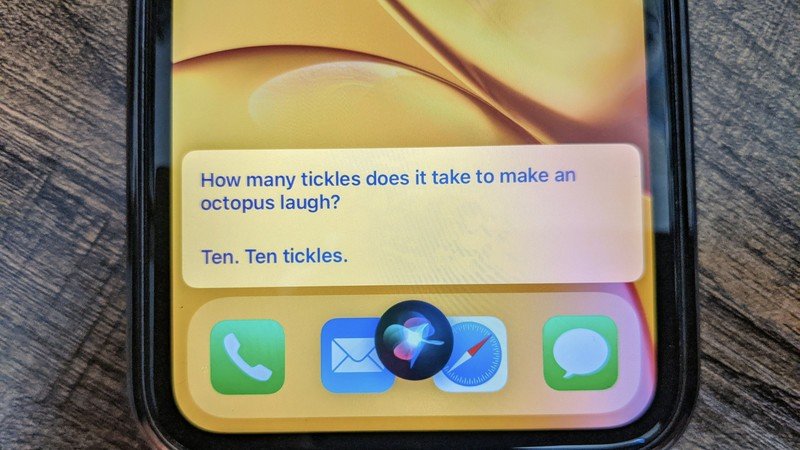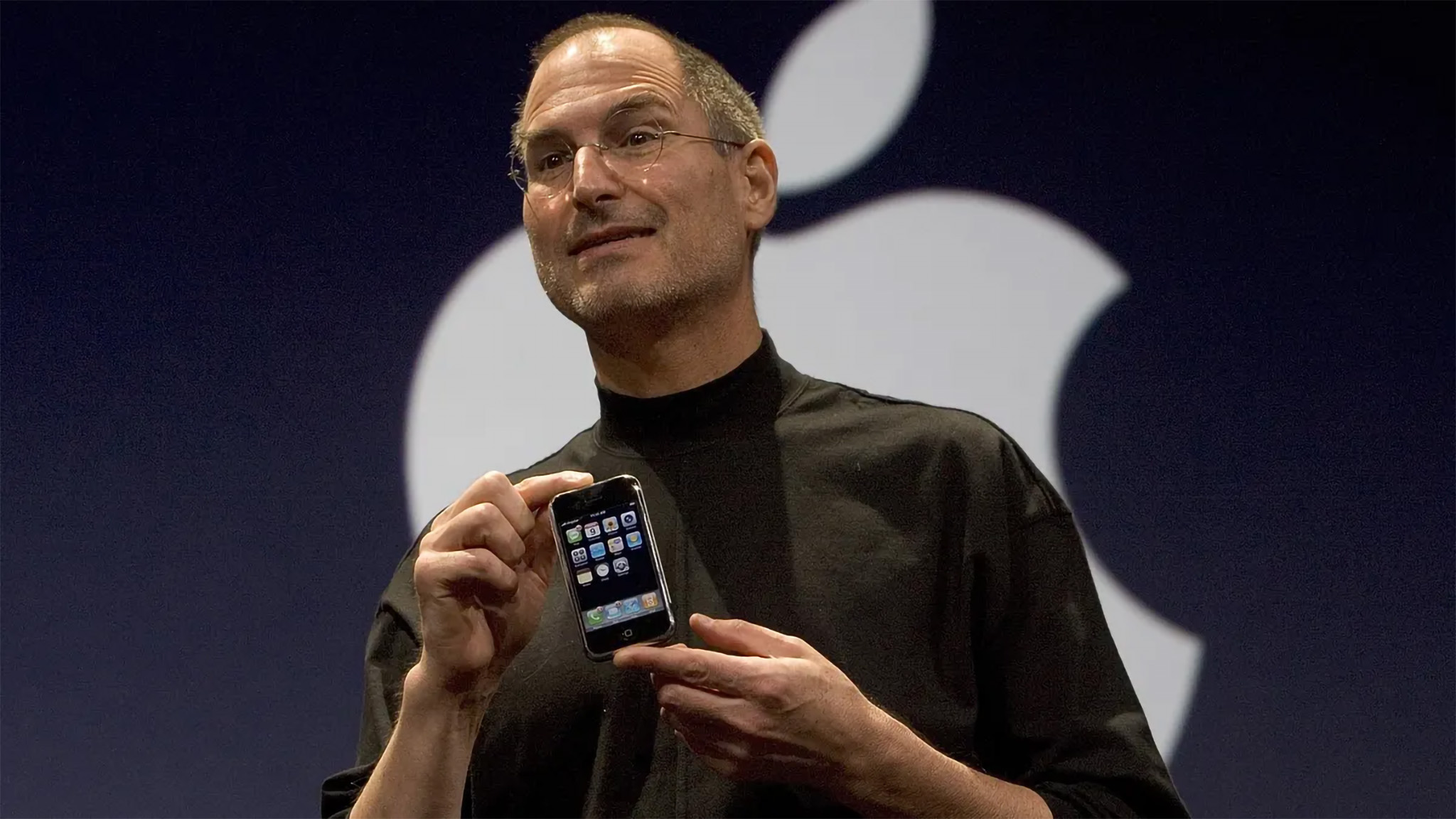
So Apple finally caved to the Artificial Intelligence craze and has added it to all the things. I think the company did a good job with it, too, finding ways to build in useful features and present them in a way that makes it sound like you'll love them instead of talking about it with technobabble that leaves people more confused than ever.
One of the things you'll be able to do if you are one of the 8% of iPhone users with the right phone is query OpenAI's ChatGPT service through Siri. It was expected, but that's so unlike Apple. I never expected it to be that integrated.

One of the web's longest-running tech columns, Android & Chill is your Saturday discussion of Android, Google, and all things tech.
I'm not saying anything Apple has to offer is good or bad, and since I don't use an iPhone, it doesn't affect me personally. Early excitement about the announcements tells me that most of us see it as a good thing, so that's a win. These companies are supposed to work hard for our money.
Likewise, leaning on ChatGPT and, later, other AI-focused companies like Google isn't a bad thing either. I'm merely surprised that it's done in a way that makes it feel like part of iOS.
There are a few negatives to consider. Apple has to rely on another company to meet its standards for user privacy and diligence to protect the data once it gets sent off. They threw out fancy ways of saying the company does the same things others do, knowing that journalists would quote them instead of asking questions—it's called encryption in transit, and it is an industry standard—and that's great. It's how user data is supposed to be protected.

Still, embedding their small-scale agent on the device and then calling on third parties is not the same as doing it all in-house. Apple has to depend on others to do the right thing, and Apple never does that.
The companies will. When you're someone like OpenAI, you can't afford to play too loose with user data because the internet will call you on it. Using a third party over an in-house solution will be fine, and we've seen Microsoft do it with no real issues. OpenAI or Google or any other AI company isn't going to do anything Apple wouldn't approve of and I'm not implying it. If anything, Apple just gambled and waited too long, and this is how it has to fix it.
Apple knew it had to eventually build out user-facing AI on the iPhone. Not doing so when every competitor offers it makes Apple look lazy, and the reality-distortion field can't work forever. What it didn't do was work on its own generative AI platform.
Did it need to? No, not really. Apple is a different company than Google; outsourcing is easy, cost-efficient, and works well. Ask Microsoft. Apple made the right choice and focused on tools that will mostly work, be easy to implement, and make users happy.
The next logical step would be building out a full-scale generative AI solution as a follow-up. Apple could do this; the company can easily attract the right talent to develop the next Google Gemini or ChatGPT and can afford the infrastructure to power it. People would use it, too—even people without an iPhone. The question is, will they?

Sending calls out to a third party through the operating system isn't the same as bundling in the YouTube app. It leaves an impression that OpenAI is somehow more capable than Apple because Apple is willing to include ChatGPT as part of Siri. Like custom colors for icons, we would have never seen this when Steve Jobs was at the helm.
Is that a good thing or a bad thing? Neither; it's just a thing. Maybe we should get used to it, and Apple will become more like other tech companies, little-by-little. Or maybe this is an emergency solution while Apple builds the next breakthrough AI platform.
This has done one thing: It has made people who were not interested in Apple's previous phones curious. An iPhone seems like a great product, but it isn't for me. I don't like Apple's way of doing things. But I'm interested in seeing how all the new features work. That means what Apple is doing is good for business and good for the industry as a whole.
Maybe moving on from the Steve Jobs era is an equally good thing for Apple.







